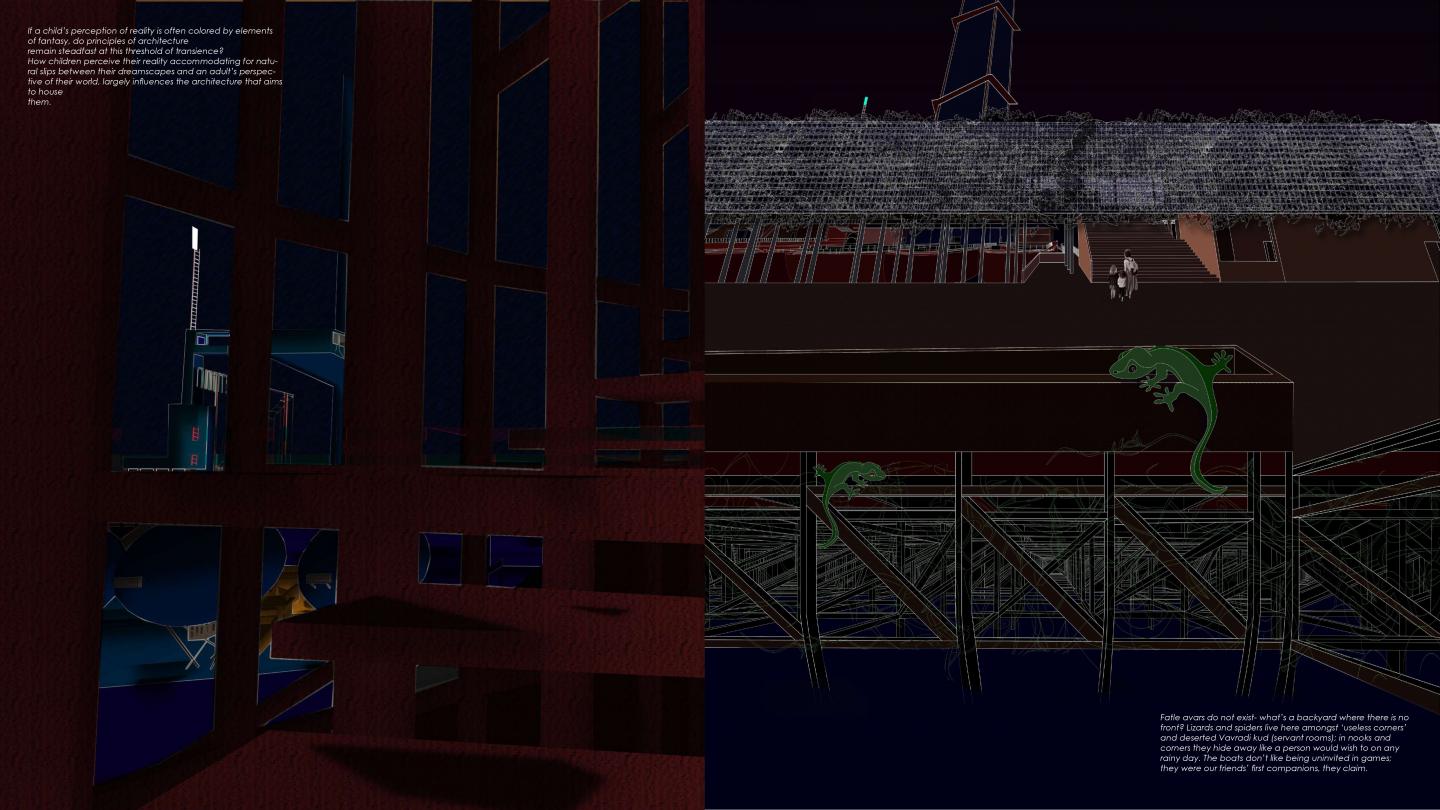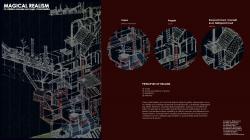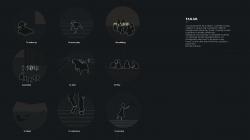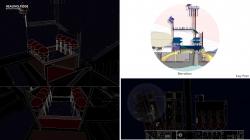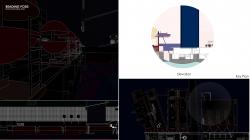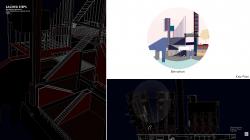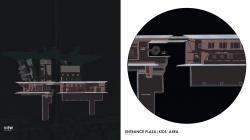OLD STORIES AND A POIGNANT DREAM
Goa, India
2020
To test Magical Realism as a hypothesis in constructing a Poskem Dream
“Every day is the same. Some of us leave, and some of us stay to play games. That’s when the Big people come in, they like to join us sometimes. Mostly, they say things none of us have heard before.
At Night, our friends come to visit when we are all here. They let us play with them. Once in a while, they share bedtime stories too-
A long time ago, when ‘red flowers’ were grown to make their houses disappear, they had had to run away and build new homes on a different side of the river. A few people were kind then, they looked a little strange but let them be their children anyway. The paper had recorded it too!
Our friends were good at doing chores, cooking and cleaning, unlike their new siblings who only knew to be away at school, play every day, and occupied places of the house that were ‘out of bounds’.
Going by the black and blue paint on their skin that seems to never leave, it looks like they have been involved in multiple painting jobs too! They don’t seem to be very happy when we ask them about it though. They say the Big people weren’t very kind anymore.
Sometimes, we visit their home. They say they made it themselves! Sometimes, we get lost in there- the wheels don’t always know where they are headed. And the higher we go, the more secrets we find- attic they call it? Sometimes the walls are broken, sometimes the floors lie. The doors don’t always like company either.
Fatle avars do not exist- what’s a backyard where there is no front? Lizards and spiders live here amongst ‘useless corners’; in nooks and corners they hide away like a person would wish to on a rainy day. The boats don’t like being uninvited in games; they were our friends’ first companions, they claim.
The Day does not know that the Night exists, and the Night knows nothing of the Day.
Why does their home touch the sky?
How else does one stitch it?
The world here is new- leaves speak to the river, and boats don’t move. It’s been 350 years since our friends ran away from their homes.
What survives the night is that which knows to imagine."
“Memories are motionless, and the more securely they are fixed to a place, the sounder they are.”
-Gaston Bachelard
Where are children during times of War?
The word ‘poskem’ is a Konkani word for ‘adopted child’, a derogatory reference to abandoned children legally adopted by well-off families to work as household helps, during the Goan Inquisition. Post adoption, few of them had their identities stripped off, and forced into lifelong servitude without an escape.
When these children escape their 17th century adoptive homes, away from assault and a tradition rooted in their part Portugal heritage, they come across a familiar landscape-a forgotten industrial artifact, which offers them refuge. Working around it and making it their own, the place is imagined and manipulated as an escape to their past, however very much influenced by it.
Every night, they meet children of the present who have similar stories to share, take them through struggles of their own in the form of stories, thereby providing a safe space that allows them to let go and dream.
If a child’s perception of reality is often colored by elements of fantasy, do principles of architecture remain steadfast at this threshold of transience?
2020
0000
Area- 4500 sqm
Location- Unused barges, Chicalim, Goa
Gayatri Ganesh
Favorited 1 times
